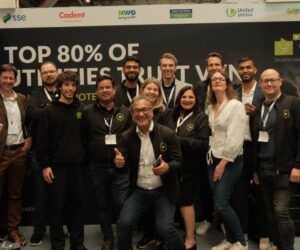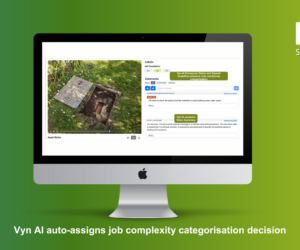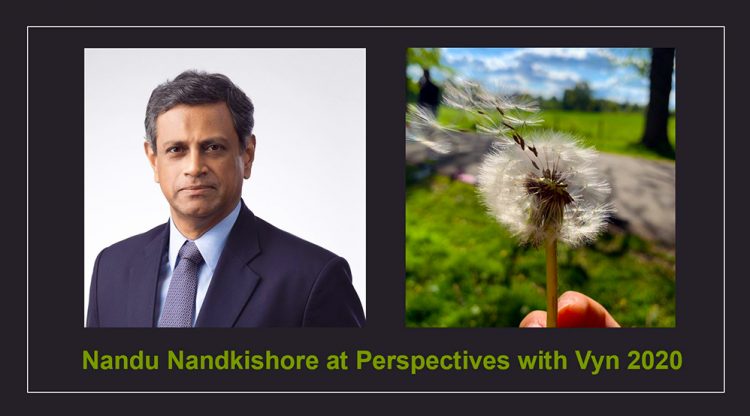
After our #PerspectivesOnline event in July, we reflect on some of the key messages raised during the event. In this blog, we recall the talk from Nandu Nadkishore, Former Global CEO Nestlé Nutrition, and his session on Ecosystems.
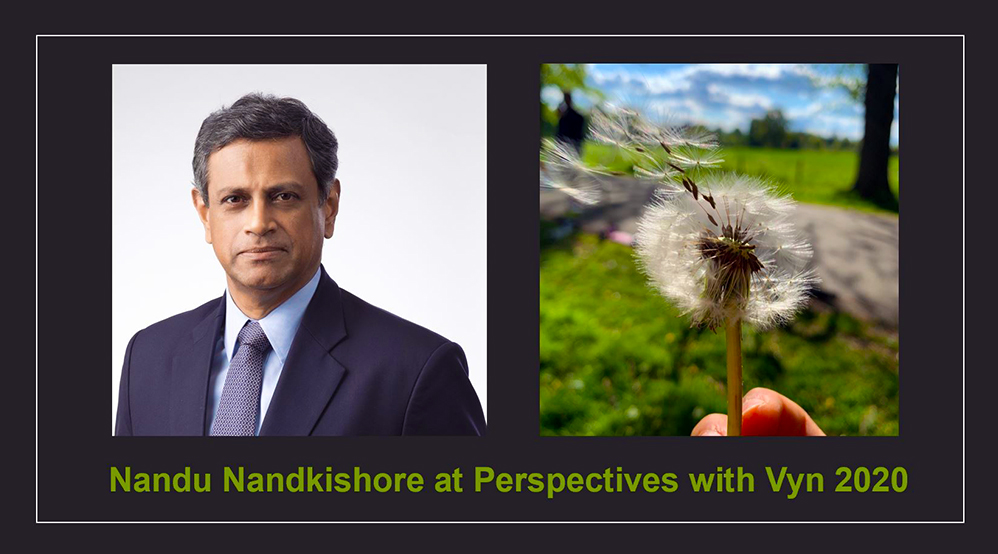
It’s no secret that we live in fairly disruptive times. The average life of a company has come down to about 15 years.
Many well-established companies have not been well-placed to survive the disruption caused by black swan events like the coronavirus pandemic. Large companies such as Brooks Brothers and Hertz have filed for bankruptcy this year.
If we expand our view, there is a lot to learn from biological ecosystems. Species have survived millennia, including many black swan events like ice ages, climate change and evolution. While their balance has changed, generally, the species’ robust ecosystems survive. This has been applied to a business context by James Moore: He states that a network of companies can create a system of mutual support, forming an organization that is distinct from markets and firms.
I look back in history and I look at Nestlé, which has survived for 150 years now. Throughout its history, it’s built this incredible network with farmers, suppliers, traders, and consumers. And it’s created an ecosystem where all of these people are kind of interdependent. And this success model has survived several black swan events through the last century and continues to prosper.
The perks of adopting this organizational structure built on mutual support for each other, transcends the business context and helps protect natural ecosystems as well. With social and cultural factors constantly at play within the corporate world, we are being pushed to evolve our whole business mindset in new directions. The dog-eat-dog world of corporate competitiveness is no longer a sustainable business model. We must turn towards collaboration to help sustainably drive our ecosystems forward rather than simply profit ourselves.
Increasingly, we need to move beyond private benefit to public good because consumers are demanding companies to be answerable for their responsibility to the natural environment and ecosystem.
Vyn might be a great example that can be seen as adopting this new mindset and facilitating an entire ecosystem with its simple, easily familiar technology that everyone can use.
Vyn is very interesting- the way it applies A.I. to analyze video data captured directly from the user and helps solve problems for businesses. So could this become a platform that connects utilities, consumers and end users to create a multi-level ecosystem?
Having a simple protocol that everyone can use helps create an ecosystem that benefits all participants, businesses and consumers alike. Being part of this ecosystem then allows for these companies to cope with change and black swan events by collectively working to adapt and overcome the problem.
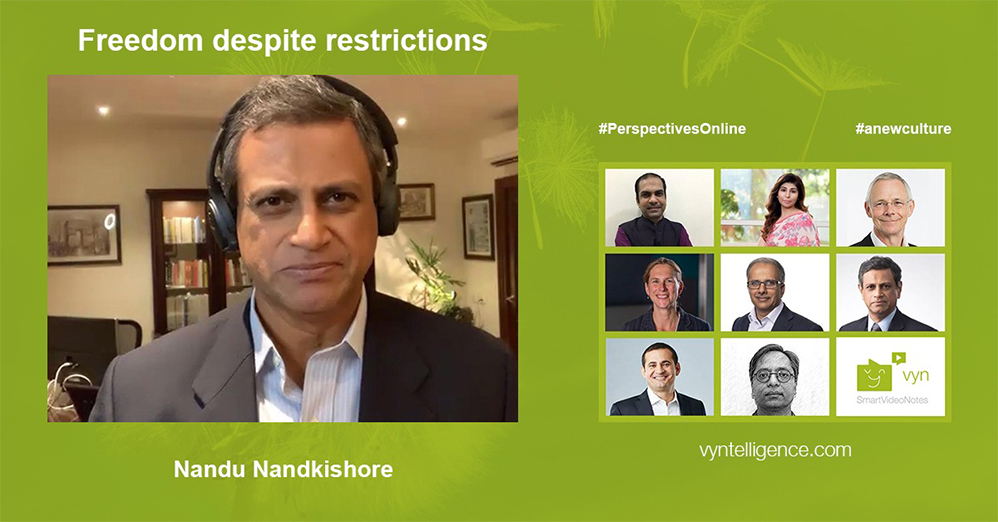
Finally, ending with the question that is open to everyone to consider:
Do you think Vyn and Vyntelligence can help create an ecosystem that connects people with a common video sharing AI based data platform?
We would like to thank Nandu and all other speakers for their insights at the #PerspectivesOnline event and we look forward to next year!
To learn about how Vyntelligence enables simpler workflows and a proactive culture, visit www.vyntelligence.com.
Join the conversation by using the #PerspectivesOnline hashtag and follow us on LinkedIn, Twitter and Facebook for updates on other speaker insights from this event.
Learn more about Nandu Nadkishore and why he joined Vyn’s advisory board.


